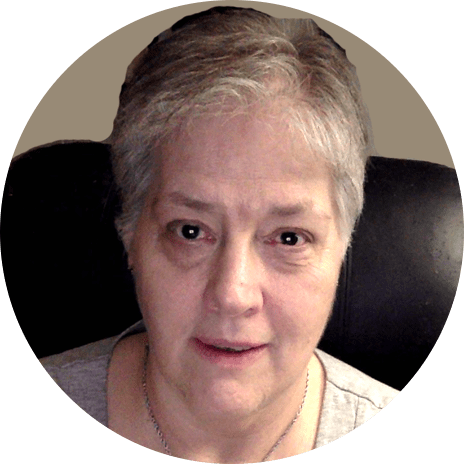New York Capital District attorney Nancy Baum Delain describes how she chose her practice niche and why she turns down cases to grow her solo law practice.
For solos, there is a lot of competition out there. New York admits thousands of new lawyers every year. That is why it is so important to differentiate yourself.
I chose to set my practice apart from the competition by narrowing my practice area. As tempting as it might be to try to be all things to all people, I cannot possibly do that. Therefore, I only handle cases that touch on my areas of expertise.
I narrowed my focus in an area of law that interested me
Narrowing my practice areas made it easier for me to keep up with industry developments and build expertise in areas that I found interesting. My biggest recommendation for a solo or small firm attorney is to practice in an area of law that interests you. If you don’t love the job, then why are you doing it?
My particular niche is transactional intellectual property and business law. My clients are mainly innovative businesses and individuals with patent-eligible inventions or other intellectual property that needs protection. I do not litigate, handle divorces, put together real estate transactions or represent anyone in criminal matters; these are practice areas I simply have no interest in.
I do develop patent applications, trademark applications, copyright applications, business plans, business formation and business closing documents, contracts, and deals with other businesses or individuals. I love handling those matters. I know lawyers who don’t.
Many lawyers love to litigate. I loathe litigation.
Potential clients can tell when your heart isn’t in it and you won’t get hired if they pick up on that. To find success, do what you love.
I narrowed my practice area and defined my ideal client
Do you know who your “ideal” client is? I certainly know who mine is, and it is critical to my marketing and networking.
My ideal client is a small-to-mid-sized business in an innovative area or an individual with a patent-eligible idea. The individual may want to start a business, or protect the embodiment of his or her idea.
Narrowing my practice focus made it much easier to figure out a specific, concrete definition of my ideal client that I can easily explain to potential referral sources. I know what I’m looking for and, therefore, can communicate it effectively to others. The end result is more qualified referrals.
Your “ideal” client may be a wealthy widow who needs an estate plan, or it may be a veteran who just got into a car accident. In any case, you have to know your target audience if you’re going to find effective ways to appeal to them.
Once you define your ideal client, join the organizations where you are likely to meet them. Lawyers like to join only law-related organizations. This is a big mistake. Go where your clients go. Don’t be afraid to carry your business card in case someone asks for it. You never know when an opportunity will come up.
Referring out cases I don’t want has grown my practice considerably
If I get a case that is outside of my practice area, I know other lawyers who can handle those cases far better than me. I refer those cases to other lawyers with a smile. I know — and, more importantly, those clients know — that I am sending them to a lawyer in my network who is competent and trustworthy.
Recently someone asked me to handle a real estate transaction. I referred this potential client to one of my favorite real estate lawyers. The referral saved me a huge headache and added to my colleague’s bottom line. Win-win!
In my experience, clients appreciate my ability to refer them to another lawyer who is qualified and wants to handle their matter. My clients know I will only accept cases that I’m confident I can handle (regardless of the money involved). I have found that these clients are more likely to retain me for something else or refer me to their friends and family.
In turn, the lawyers who receive those referrals to are generally happy to return the favor. In the end, narrowing my practice area has actually increased my practice significantly.
Find a niche and be disciplined about referring out cases outside of that niche.
Maybe you’re terrific at putting a real estate deal together. Maybe you are ex-military and can help your fellow veterans. Maybe you’re a science geek and love dealing with inventions. Maybe you are an altruist who went to law school with the specific goal of helping your fellow human beings.
Allow your experience, skills and interests to define your practice.
About Nancy Delain



